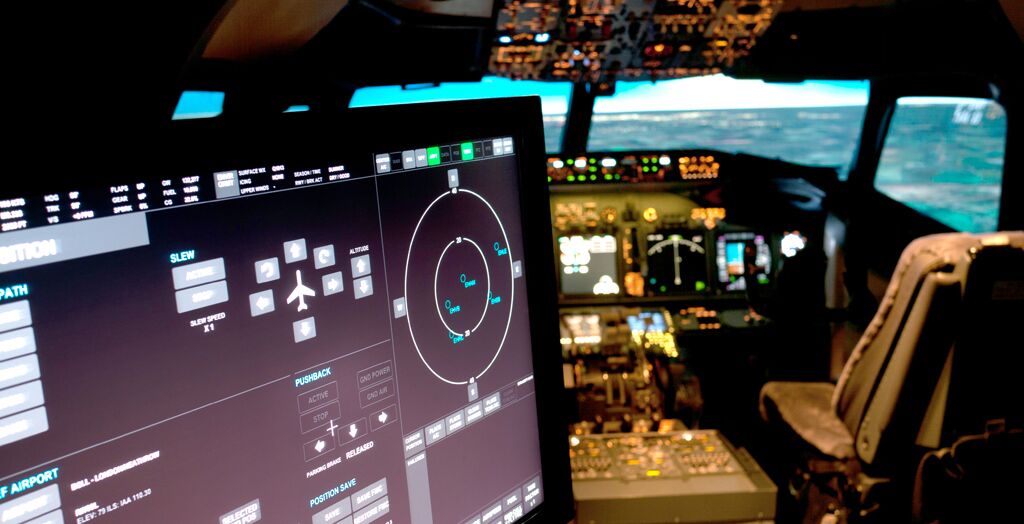
The decay of manual flight skills
As presented at the APATS conference this year there is a global concern regarding the decay of manual flight skills on today’s highly automated flight decks and how this affects flight safety.
Of particular note was the observation that this decay was, mostly, independent of flying experience, and that steps should be taken at initial and recurrent pilot training to establish and maintain these skills.

